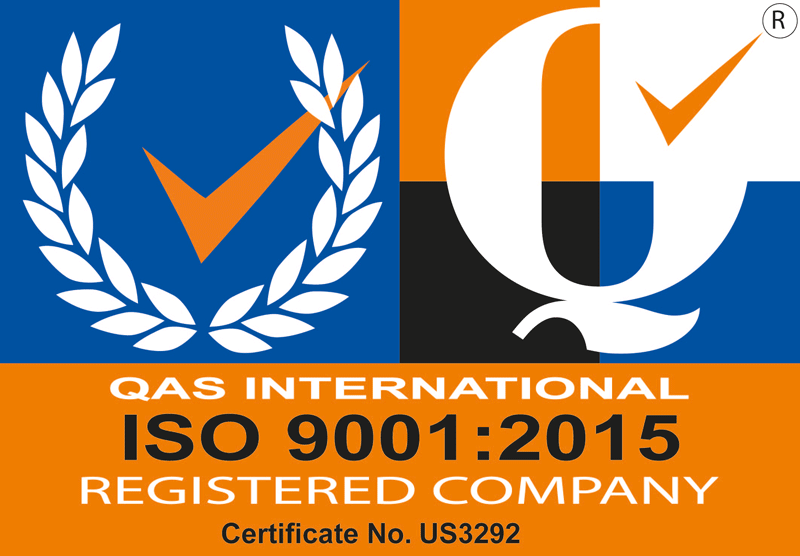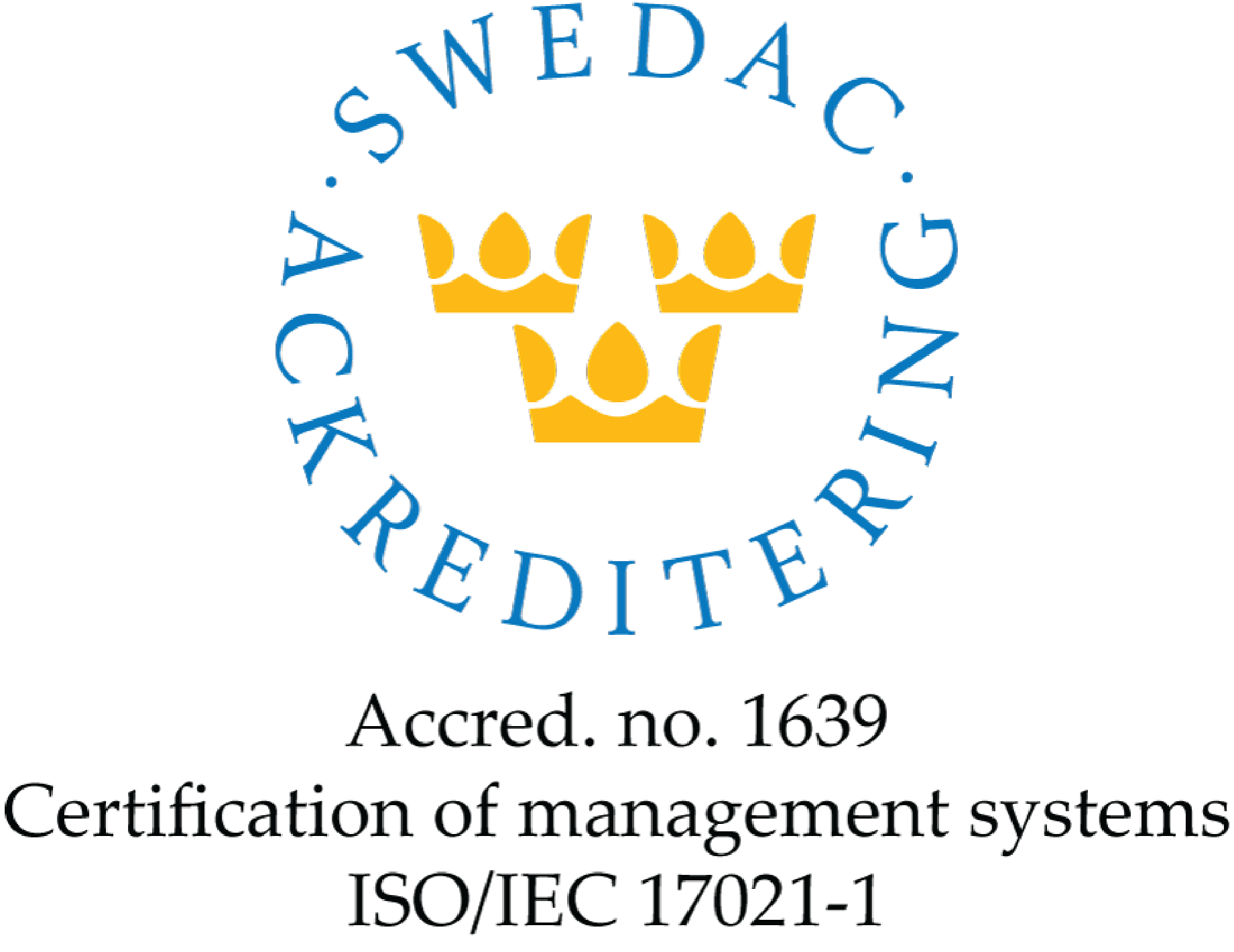Re-Shoring: Is it right for your next battery project?
Leave a CommentIn the last 20 years many industries and companies have left North America in search of cheaper cost models in other countries. In some cases this has caused complete industries to leave North America altogether. As an example, the Lithium Ion battery market has most of the raw material supply chains in Asia. “Battery pack assembly has also seen consolidation and change, but at Excell we see significant opportunities on the horizon with companies re-shoring their supply chains,” says Brian Larsen VP of Sales for Excell. “Obviously Tesla is leading the charge to change that paradigm but there are other factors at play here,” continues Larsen.
Quality and counterfeit legitimate concerns
“Reshoring is not only happening because the cost savings aren’t what they used to be, but also because the quality and counterfeit concerns seem to be more acute. Many times companies don’t factor in the soft costs of going to Asia and what that can mean to the overall profitability of a product or business. If you have engineers living on airplanes and in hotels flying back and forth to Asia, how much savings are you really realizing?” says Trent Keeney Business Development Manager for Excell. “Additionally, we all hear about the increased costs of doing business in China which are estimated to be increasing by as much as 12% per year*, as another reason companies cite for looking at North American options”.
Return is coming
There is anecdotal macro evidence that companies are returning to North America as well. Boston Consulting Groups annual survey of larger companies with International manufacturing mentions the following; “In a sharp reversal, more large manufacturers that are planning to add production capacity for goods consumed in the U.S. say that they will add that capacity in the U.S. than in any other country. Thirty-one percent of respondents to The Boston Consulting Group’s fourth annual survey of senior manufacturing executives at companies with at least $1 billion in annual revenues said that their companies are most likely to add production capacity in the U.S. within five years for goods sold in the U.S., while 20% said they are most likely to add capacity in China.”
“We believe this percentage is even higher for smaller and mid-sized companies who have experienced the challenges of getting products from Asia”, says Keeney.
The other unknown factor to consider is the newly elected US President Donald Trump and how the political landscape may change in the coming years. There may be incentives or disincentives which will also play a role in how quickly North American reshoring of manufacturing grows.
Contact Excell Battery to learn more about how we can help you with your next battery, charger, or power project.



